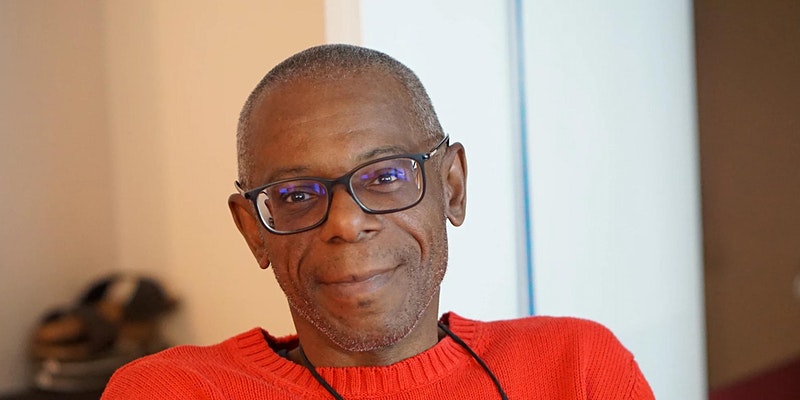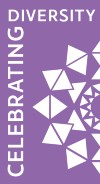
Access for whom
This event has now finished.
Event details
Disability History Month Event
In the United States, the Universal Design (UD) movement seeks to produce built environments that are accessible to a broad range of human variation. Rating universal design assumes that best, most inclusive, forms of disability access. However, this talk will question whether the values, methodologies, and theories behind universal access are in the interest of disabled people.
Rooted in changing the physical environment, with the goal of providing greater access to the workplace and services, does universal design continue to exclude the very disabled people it seeks to benefit? Dr Stuart would argue that for everyone to benefit from universal design and the improved access it promises, it must mean more than a focus on individuals and consumerism. Instead, it should be informed by structural independence and the transformation of society. This, in his opinion, would address the dichotomy between the normative world of non-disabled people and the multiple forms of exclusion that inaccessible design produces.
The event will have live captioning.

Dr Ossie Stuart
A disabled person from a black and minority ethnic background, and an E&D consultant with fifteen years of experience as a trainer and specialist adviser. Dr Stuart spent twelve years as an academic at the Universities of Oxford, York and Surrey and have written seminal works on the experience of BME disabled people and social care.
As a trainer, Dr Stuart has run disability and E&D training courses for Public Sector organisations such as the NHS, the Department of Health and Social Care, numerous Local Authorities, Universities and voluntary sector organisations.
